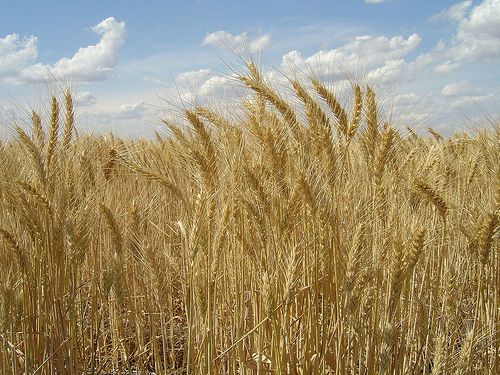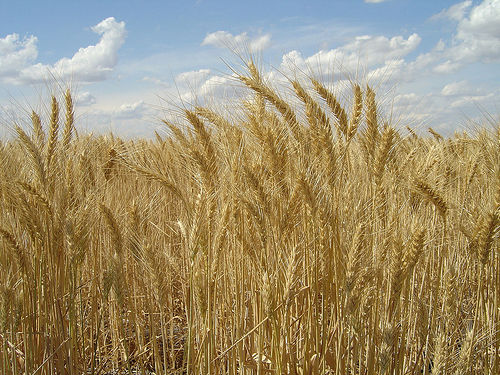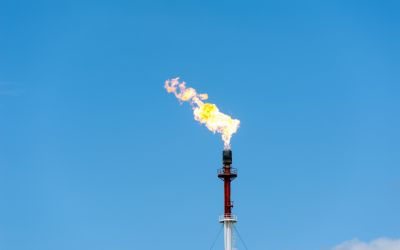Global food prices hit record high
Global food prices rose for the eighth consecutive month – hitting record highs. This is partly due to increasing concerns over oil prices and stability of supply and partly due to tensions in the Middle East, says the Food and Agriculture Organisation.

 Global food prices rose for the eighth consecutive month, up 2.2 per cent from January, taking prices to a record high, according to the Food and Agriculture Organisation’s (FAO) Food Price Index.
Global food prices rose for the eighth consecutive month, up 2.2 per cent from January, taking prices to a record high, according to the Food and Agriculture Organisation’s (FAO) Food Price Index.
The index averaged 236 points in February, making it the highest month since January 1990, when the index begun. An unprecedented surge in prices of oil, which plays a major role in agricultural production, has been blamed for the increase.
David Hallam, Director of FAO's Trade and Market Division said: "Unexpected oil price spikes could further exacerbate an already precarious situation in food markets. This adds even more uncertainty concerning the price outlook when planting crops in some of the major growing regions are about to start”.
Oil prices recently hit a two and half year high, nearing records set in 2008, due to fears for supply caused by the unrest in the Middle East. Prices reached $120 a barrel last month. Food prices are dependant upon oil, which is used by farmers for machinery and in shipping food worldwide.
Last month, at a meeting of the American Association for the Advancement of Science, Ewen Todd, a Michigan State University professor said climate change is also having an effect on the safety of the world's food supplies and unless action is taken the situation will worsen.
Shorter growing seasons and a general loss of food production, leading to food shortages, have already led to crises across the world, including in the north China plain, where drought led to a sharp increase in wheat prices, and expected across the Middle East and North Africa, following the political uprisings.
The UN FAO food price index measures monthly prices changes for a food basket composed of cereals, oilseeds, dairy, meat and sugar. Prices of all commodity groups except for sugar saw registered gains in February, with dairy products and cereals climbing the most.
The price of cereals, which was up 3.7 per cent from January and it its highest price since 2008, reflects further increases in international maize prices driven by strong demand and tightening supply. Dairy prices, which were 4 per cent higher than January, can be blamed on continuing demand worldwide.
Even sugar prices that were lower than the previous month were 16 per cent higher than this time last year, and continue to be volatile because of tight supplies in sugar exporting countries.






